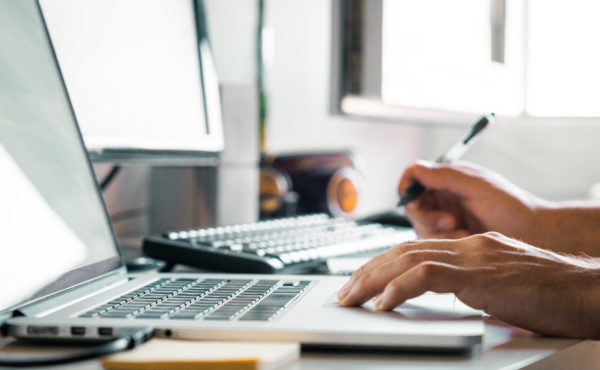Statement of Commitment to Equity, Diversity, & Inclusion
Graceland University values the worth of all persons. We create a culture of inclusion by embracing and learning from a wide spectrum of experiences, ideas, and viewpoints. This unwavering commitment to diversity, inclusion, equity, and justice is fundamental to our excellence and success as an institution. Ultimately, we aim to cultivate lifelong learners who will engage in transformational service and leadership to create a more just world for all.
As we work toward understanding and equity, Graceland University pledges to:
- affirm diversity by creating a community that assembles and empowers students, faculty, and staff who are representative of various cultures to feel included and equally valued.
- create a learning environment that ensures equity and inclusion, while providing cultural, educational, and mentoring initiatives for students and the extended Graceland community that can lead to a more just and inclusive society.
- acknowledge that power imbalances and institutional bias may prevent students, faculty, and staff from feeling welcomed, accepted, and validated; so we aim to establish and maintain an equitable culture in which all have a voice.
- address inequality and injustice that may arise from any differential distribution of power, resources, and privilege and be willing to protect community members against aggression. from within and outside our environment.
- embed inclusiveness and diversity into the institution’s structures and processes by working with faculty and staff to support the cultural, academic and social needs of students of all backgrounds.
Since its dedication in 1895, when it was declared that the college should be open “to all irrespective of faith or creed,” Graceland has drawn on its history, carved in its original building’s cornerstone, as a nonsectarian place of learning resting on the principles of peace, unity, and community from its founding church. To that end, we resolve that our learning community will strive to be equitable and welcoming to students of all races, ethnicities, socioeconomic classes, genders, gender identities and expressions, religious and spiritual beliefs, political affiliations, ages, colors, sizes, sexual orientations, abilities, immigrant status, and national origins.
– Formally adopted by faculty, administration and board of trustees, Spring 2020


